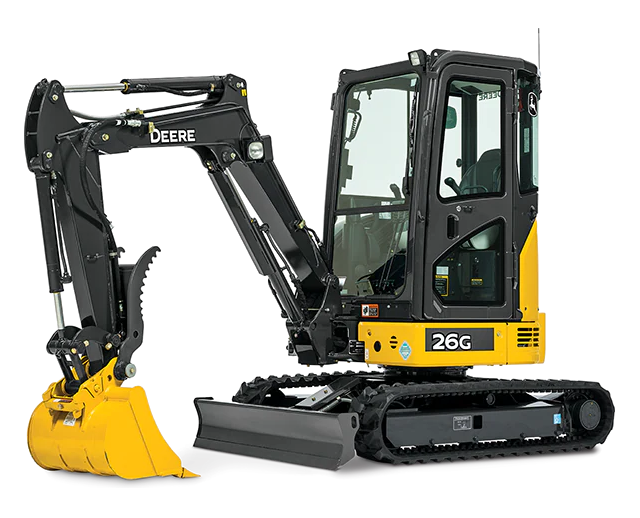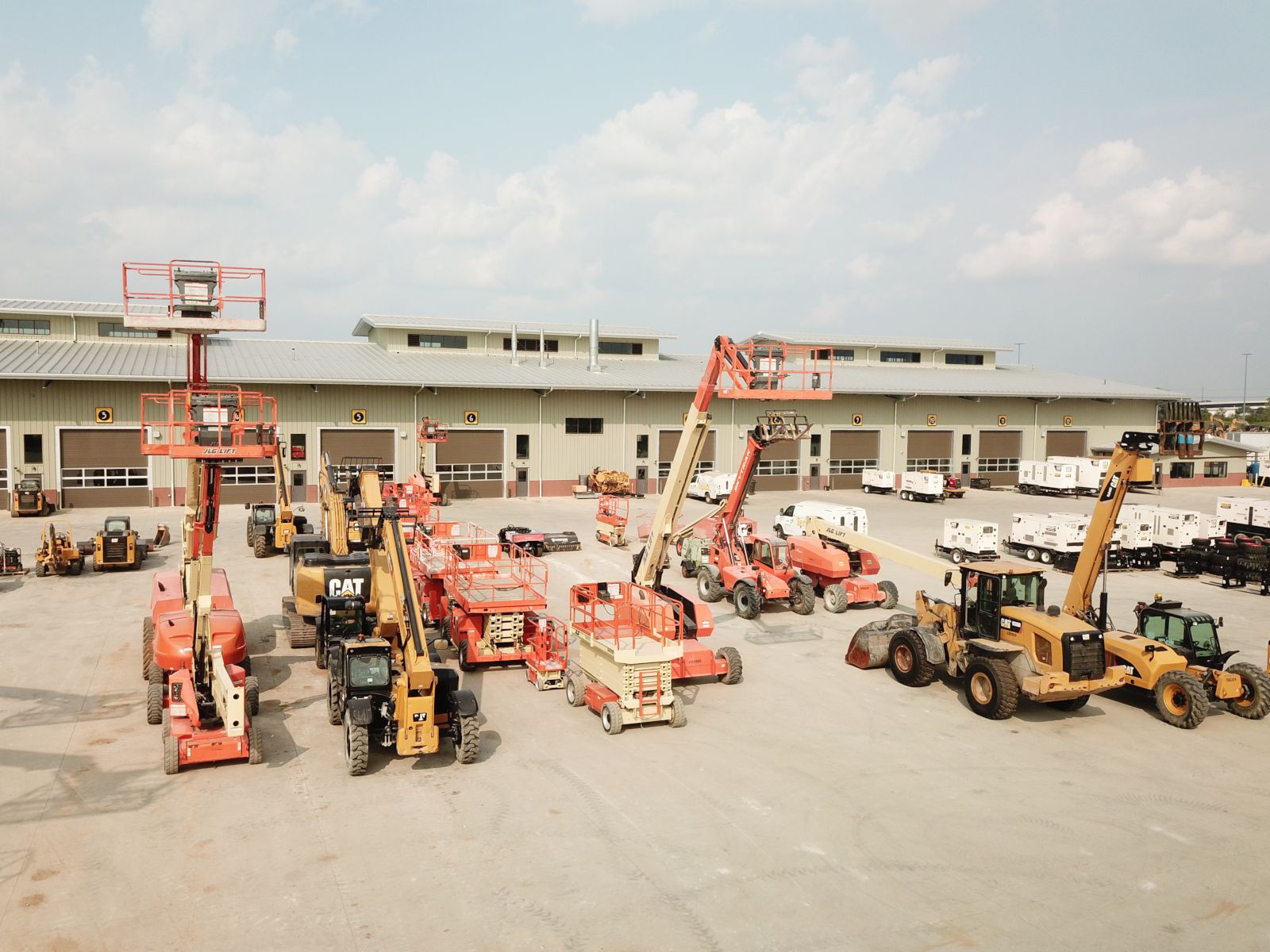Aerial Lift Rental: Versatile Lifting Solutions for High-Access Jobs
Wiki Article
Optimize Your Budget Plan by Understanding the Expenses Connected With Building Devices Rentals
Recognizing the complete extent of costs related to building and construction equipment rentals is critical for maximizing your budget plan. While the first rental fee might seem simple, various additional expenditures-- such as transport, gas additional charges, and upkeep-- can quickly accumulate, influencing your monetary planning. In addition, understanding numerous charges and the ins and outs of rental contracts can help avoid unanticipated monetary burdens. What strategies can be utilized to properly take care of these costs and make sure an extra efficient rental experience?Introduction of Rental Expenses
When taking into consideration building and construction devices services, recognizing the linked expenses is paramount for reliable budgeting and task planning. Rental prices can differ substantially based upon several factors, including tools kind, period of service, and area. The first rental charge usually mirrors the devices's market need and its connected operational abilities, influencing the total cost.In addition to the base rental price, supplementary expenses might emerge, such as transport costs, gas surcharges, and maintenance charges. It is vital to make up these extra expenses to accurately analyze the overall expense of renting devices. The rental period can influence prices; longer leasings may qualify for affordable prices, while temporary leasings could incur greater daily charges.

Breakdown of Rental Prices
A comprehensive understanding of rental prices is crucial for service providers and project managers intending to enhance their spending plans. Rental rates for building and construction equipment commonly consist of several parts, consisting of base prices, time-based costs, and usage fees.Base rates are the core fees related to the service of the equipment, commonly identified by the type and size of the equipment. These rates can vary significantly, influenced by factors such as equipment need, availability, and regional market fads. Time-based charges, which might be daily, weekly, or monthly, offer to fit different task timelines and rental periods.
Furthermore, rental prices might include use charges, which apply when tools is made use of past a specified limit, making sure that the rental firm can make up damage. Seasonal demand variations can also impact rental rates, with peak building and construction seasons generally regulating higher costs.
Moreover, recognizing the rental business's plans concerning maintenance and insurance coverage can offer more understanding into the total cost framework. By analyzing these elements, specialists can make informed decisions, making certain the option of rental devices straightens with both job demands and spending plan restraints.
Additional Costs to Consider
Understanding the complexities of additional costs is important for service providers to manage their overall rental expenses properly. Past the conventional rental rates, various auxiliary charges can considerably affect the total price of equipment leasing. These charges often consist of distribution and pickup costs, which can vary based upon range and logistics included in transporting the tools to and from the task site.Moreover, some rental firms may impose gas additional charges if the equipment is returned with much less fuel than when rented. It is likewise necessary to understand prospective cleaning costs, specifically for specialized devices that calls for extensive upkeep after usage.

Extensively reviewing the rental arrangement and making clear these added charges in advance can aid contractors make certain and avoid unexpected expenses that budget plans stay intact throughout the project lifecycle.
Maintenance and Repair Service Costs
Regular upkeep and repair service expenditures are often ignored elements that can substantially affect the overall expense of building and construction tools rentals. When renting devices, it is vital to think about not only the rental fees but also the prospective costs related to maintaining the equipment in optimum operating condition.Many rental companies consist of basic upkeep as component of the rental contract; however, more substantial fixings or unforeseen failures can cause additional expenditures. It's important to examine the rental contract meticulously to understand what maintenance solutions are covered and what duties drop on the occupant.
Furthermore, equipment that is not well-maintained can result in inadequacies on duty website, potentially causing delays and boosting project costs. To minimize these risks, it is advisable to carry out regular evaluations and keep open interaction with the rental company pertaining to any kind of problems that develop during use.
Insurance Coverage and Obligation Expenses
Insurance coverage and Check This Out obligation costs are important components that can considerably affect the overall expenditure of building and construction devices services (aerial lift rental). These expenses ensure that both the rental business and the client are safeguarded from possible monetary losses emerging from accidents, damages, or theft throughout the rental period
In addition, clients ought to understand any kind of deductibles or exclusions in the insurance coverage, as these can influence potential out-of-pocket costs. Understanding the terms and problems of any kind of insurance coverage is essential to avoid unanticipated costs. Ultimately, budgeting for insurance policy and obligation expenses can help make certain a smoother rental experience and safeguard versus financial dangers related to building and construction projects.
Conclusion
In verdict, a thorough understanding of the expenses connected with construction equipment rentals is important for effective budget plan monitoring. Inevitably, educated decision-making concerning tools rentals adds to the general success of construction undertakings.Rental costs can differ considerably based on go numerous factors, including tools type, period of service, and location (mini excavator rental). The rental period can affect pricing; longer leasings may certify for affordable prices, while temporary services could sustain greater daily fees
By performing extensive study and engaging with trusted rental companies, specialists can properly browse the intricacies of rental prices, eventually maximizing their monetary sources.
Past the conventional rental rates, different auxiliary costs can considerably impact the complete cost of devices leasing. Rental companies commonly provide responsibility insurance policy that covers injuries to third parties or damage to home, while tools damage insurance can cover the expense of repairs or substitute if the leased equipment is damaged.
Report this wiki page